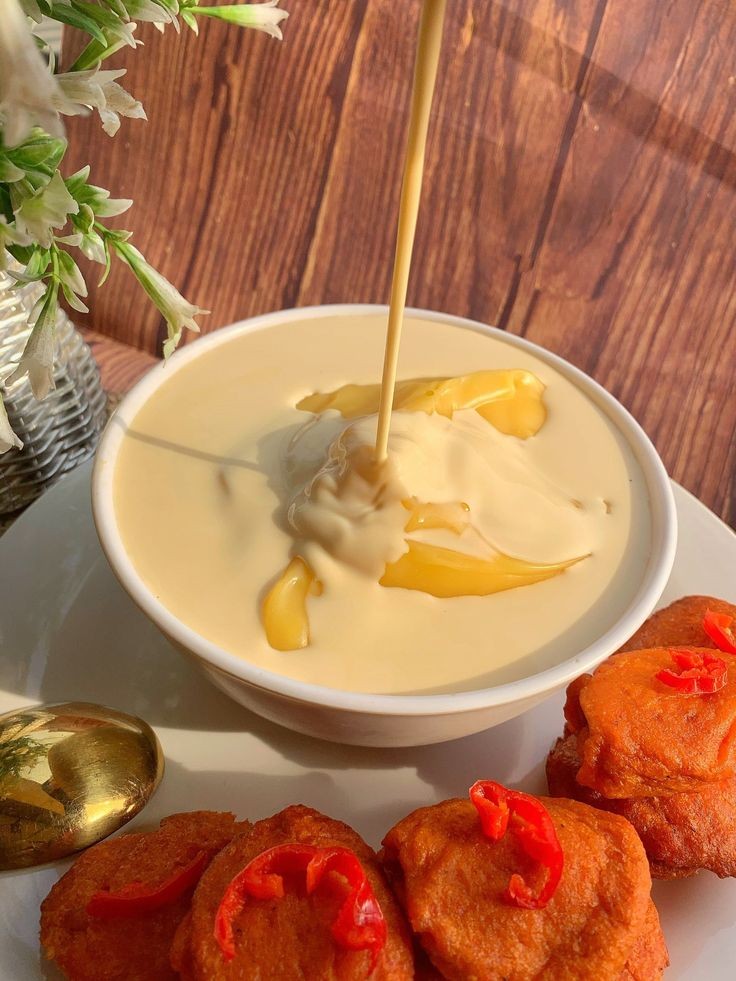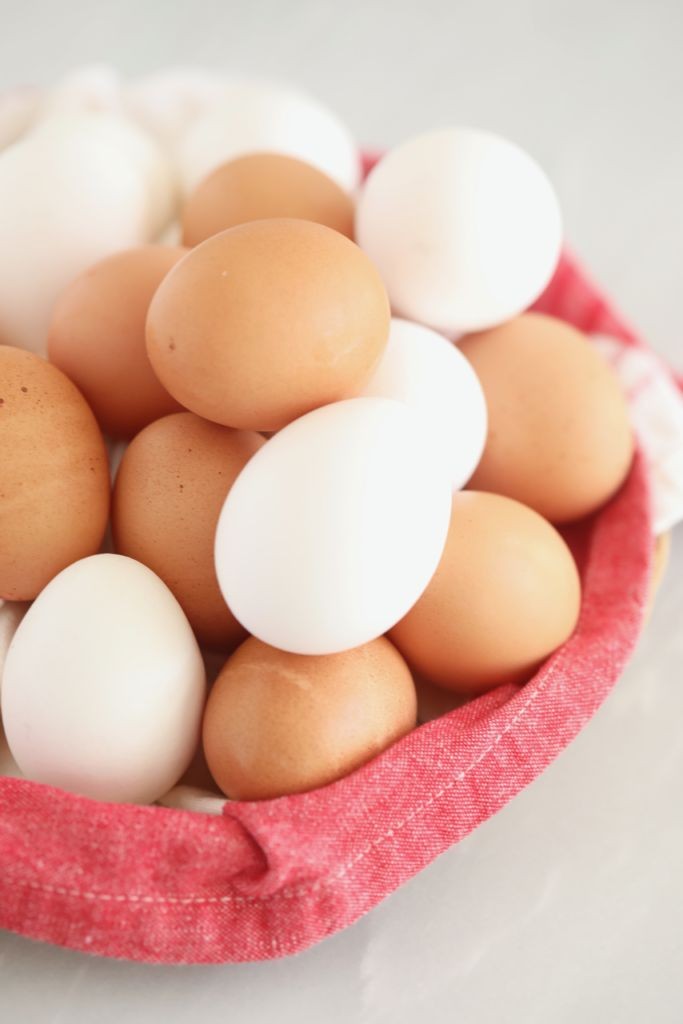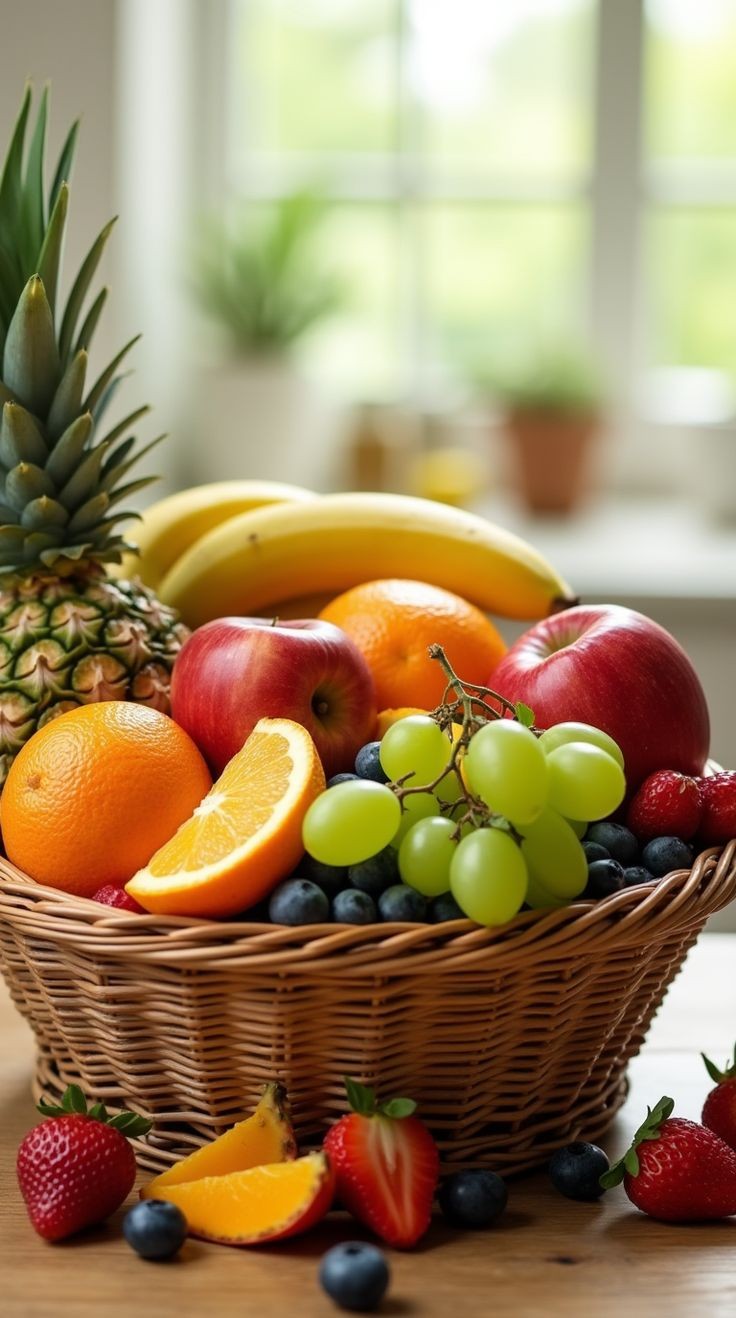Health
Healthy Eating on a Budget – Affordable Nutrition Options

Eating healthy in this day is no longer optional but mandatory especially if you want to enjoy a better quality of life. The good news? Eating healthy shouldn’t equate to breaking the bank especially in Nigeria that is packed full with food options that are both healthy and very affordable.
So instead of worrying about high cost of nutritious eating, take a tip or two from this article, and yes, whether you are a student, parent, employee or entrepreneur, this is a practical guide on how to eat well with little money and eat healthy without the fear of going broke!
- Go Local – Natural + Affordable = Healthy Meals on a Budget

Ogi also known as Pap is not only nutritious but an affordable Nigerian meal
Local foods are mostly fresher, cheaper and healthier especially when you buy them from local markets around you.
- Brown rice and ofada rice give you a healthy amount of fiber.
- Beans and lentils are easily accessible and cheaper options of protein.
- Yam and sweet potatoes are rich in complex carbohydrates.
- Pap, popularly known as Ogi can be made from corn or millet and is a popularly meal for breakfast while providing carbohydrates, B-Vitamins, Magnesium, Phosphorus, Calcium amongst other nutrients.
If eating healthy and affordable is something you want to try, buying local foods especially in season will save you a lot more that imported options and will also provide to your nutritional needs.
- Vegetables in Season = Save more + Healthier Alternative

Okra is one Nigerian vegetable that is high in nutrients and also affordable
One of the surest ways to save more while eating earlier is prioritizing getting vegetables in bulk. Vegetables like ugu, waterleaf, okro, spinach, scent leaf amongst many others are packed with essential vitamins and minerals and bulk buying especially in local markets come with more affordable offers.
Then you can go ahead to preserve them by drying, refrigerating or turning them in soups so they last longer.
- Protein – What if They Don’t Have to be Expensive?

Eggs – nutritious, affordable, and high in proteins and other nutrients the body needs.
When you think protein, you usually think beef, turkey, chicken or goat meat but what if getting a good dose of protein wasn’t so expensive.
Some options that also provide protein while being affordable are eggs, moi-moi, akara, groundnuts, peanut butter, soya beans, local fish like Titus, catfish or mackerel and don’t forget dried fish and crayfish. The last two options don’t only provide you a good amount of protein but add taste and flavor to your soups or stew.
- Fruits on a Budget.

Fruits are a most for healthy living but you don’t have to break the bank to get them!
You don’t need the exotic berries and fruits like strawberries, blueberries, Kiwis, Cherries and the like to stay healthy.
If you are a Nigerian, here are cheaper options to explore and their nutritional components:
- Bananas – Carbohydrate, Potassium, Vitamin B6, Fiber and Vitamin C
- Oranges – Vitamin C, Folate, Potassium, Fiber, Natural sugars and Antioxidants.
- Pineapples – Vitamin C, Manganese, Bromelain, Fiber and Natural sugars.
- Pawpaw – Vitamin C and A, Folate, Papain enzyme, Fiber and water content.
- Watermelons – 90% Water, Vitamin C and A, Lycopene, Potassium and Low calories.
- Shop Smart and Plan Meals.

Making meals in batch won’t just save money, it’s time efficient as well.
One of the ways to not just buy things in bulk but also to plan meals. Here are a few things to keep in mind:
- Have a meal plan so you are organized and avoid spending impulsively.
- Make meals in batches – soups, stews and jollof rice can be cooked in batches that last a few days and can be preserved by refrigerating.
- Avoid processed meals and snacks as they have little to no nutritional value and are usually expensive.
- Use storage methods like freezing, refrigerating or sun-drying to preserve both cooked and raw foods and fruits.
- Hydrate Right + Affordable Superfoods

Zobo juice is a nutritious and tasty drink that doesn’t just provide nutrients but also refreshment, especially when served chilled.
Water is still the number one drink your body needs but if you want to be a little extra, go for healthier options like zobo, kunu, homemade smoothies and fruit juices. Avoid sugary carbonated drinks and sodas as they impact your health negatively in the long run.
Also, daily doses of superfoods like Moringa leaves, Tigernuts, Garlic and Ginger will give you a healthy dose of nutrients you’d need.
Eating healthy, especially in Nigeria, is less about expensive diets and imported foods and more about taking what’s available and utilizing them to get what your body needs!
Whether it’s from the local market or your garden, it’s possible to nourish your body without breaking the bank! Also remember that health is wealth and it starts with what you eat!
ALSO SEE: 5 Reasons why Eating Fruits and Vegetables Regularly Would Make You Healthy
Health
Workout Routines That Support Bones Health

Strong bones depend on more than just calcium or supplements. Research shows that bones respond to physical stress: when muscles and weight-bearing activities challenge the skeleton, bone tissue becomes denser and stronger. To protect skeletal health over the long term, exercise should combine weight-bearing activity, resistance training, and balance work. Together, these exercises address the main risk factors for fractures: low bone density, weak muscles, and poor coordination.

Photo Credit – Google
Weight-bearing activity doesn’t need to be extreme to be effective. Regular brisk walking around neighbourhoods or local parks strengthens hips, legs, and spine, while climbing stairs or light jogging improves lower-body density. Dance classes, including Afrobeat or traditional Nigerian dances, provide varied movement patterns that engage muscles and improve coordination. Starting with 15–20 minutes per session, three to five days a week, and gradually increasing intensity or duration can deliver measurable benefits.

Photo Credit – Google
Resistance training plays a key role in maintaining strong bones. Gradually increasing weight or resistance helps muscles and bones adapt. Exercises such as squats and deadlifts target the hips, thighs, and spine, while lunges and step-ups build strength in the lower body and promote functional movement. Push-ups, pull-ups, and shoulder presses strengthen the upper body and spine. Two to three sessions per week covering all major muscle groups are sufficient. Free weights, resistance bands, or bodyweight exercises can all be effective depending on what equipment is available.

Photo Credit – Google
Balance is equally important because falls are a leading cause of fractures. Single-leg stands and heel-to-toe walking improve stability and coordination, while yoga, Tai Chi, or mobility exercises enhance control and complement other workouts. Integrating balance with strength and weight-bearing exercises provides a complete approach to bone health.
Common mistakes include relying solely on low-impact cardio such as swimming or cycling, which has little effect on bone density, and attempting high-impact exercises without preparation, which can increase injury risk. Effective routines should be planned, progressive, and performed consistently to build resilience safely.

Photo Credit – Google
A sample weekly schedule could include strength-focused exercises on Monday, such as squats or step-ups, deadlifts or hip-hinge movements, and push-ups or shoulder presses. Wednesday could focus on weight-bearing activity and balance through brisk walks, single-leg and heel-to-toe drills, and light dynamic movements. Friday can target functional strength with lunges or carries using household objects, core stability exercises, and stretching or yoga. This cycle can be repeated weekly, increasing load or complexity gradually.
Strong bones require intentional, evidence-based exercise. By combining weight-bearing activity, resistance training, and balance work, Nigerians can maintain bone density, reduce fracture risk, and improve overall skeletal resilience. Starting at your current fitness level, increasing load progressively, and including balance exercises will help protect bones for the long term.
Health
Disordered Eating Vs. Eating Disorder: Experts Explain The Differences And When To Seek Help

Disordered eating and clinical eating disorders are not interchangeable. Disordered eating refers to irregular or emotionally influenced habits around food: chronic dieting, skipping meals, rigid food rules, occasional binge episodes or persistent preoccupation with calories, weight or body shape. These habits may shift, but when repeated over time they often point to growing vulnerability.
Clinical eating disorders, by contrast, are diagnosed mental-health or medical conditions marked by persistent, patterned behaviours that impair physical health, mental wellbeing or daily functioning. Conditions such as anorexia nervosa, bulimia nervosa, binge‑eating disorder and other specified feeding or eating disorders fall into this category.

Image: Google
Evidence from Nigerian research confirms that disordered eating attitudes and risk for eating disorders are present among young adults and adolescents. In a study of more than 1,050 undergraduates from two higher‑education institutions in Lagos, roughly 16 percent scored positive on the EAT‑26 screening tool for disordered eating attitudes.
At a university in Ile‑Ife, a survey of female undergraduates found that 17.1 percent were classified as at high risk for eating disorders, based on the same screening instrument.
A more recent analysis among female undergraduates in Lagos found a lower prevalence of disordered eating (about 5 percent). Still, the study flagged a strong association between body-image dissatisfaction, body‑mass index (BMI) and disordered eating attitudes.
Adolescents are not exempt: a survey of 13 to 19-year-olds in Ibadan used screening tools to assess disordered eating behaviours and feeding/eating disorders. Results showed that 28.2 percent exhibited disordered eating behaviours, and a significant portion also met screening criteria for feeding/eating disorders.

Image credit: Google
Clinical, clearly diagnosed cases have also been documented. There’s a recorded instance of a 20-year-old undergraduate at a Nigerian university diagnosed with anorexia nervosa showing that what may start as dieting or food anxiety can escalate into serious health and psychiatric risk.
Because disordered eating and eating disorders exist within the Nigerian context, distinguishing between them matters. Persistent preoccupation with food, weight or body shape; regular dieting, bingeing or purging; emotional distress tied to eating; and disruption of everyday life are all red flags. When those signs persist, seeking professional support whether nutritional counselling, psychological therapy or medical care becomes essential.
Health
The Exercise That Keeps You Younger

If you’ve ever met someone in their fifties who moves like they’re still in their twenties, it’s likely they’ve discovered the simple habit that keeps the body from giving in to age: regular movement.

While fitness trends keep changing, one form of exercise has stayed constant in its benefits: strength training. It’s not about building bulky muscles or chasing a perfect body. It’s about keeping your bones strong, your joints stable, and your metabolism from slowing down. After the age of 30, the body naturally begins to lose muscle each year. That’s why everyday tasks, like climbing stairs or carrying groceries, start to feel heavier. Strength training helps reverse that.

Research supports this claim. People who lift weights or engage in resistance exercises have lower risks of diabetes, heart disease, and cognitive decline. But beyond the science, it’s about how it makes you feel. Nigerians juggling work, traffic, and family life know how draining each day can be. Even short sessions of body-weight squats, lunges, or push-ups a few times a week can recharge you better than most expensive wellness fads.

It also boosts your mood. Physical activity releases chemicals that help clear mental fog and lift your energy. It’s your body’s way of proving it still has strength to give.
You don’t need a gym to start. A mat, a pair of dumbbells, or even two water bottles will do. The goal is to stay consistent, to keep your body active enough to stay responsive.
Each push, lift, or stretch is a reminder that staying young isn’t about denying age; it’s about moving through it with strength.
-

 Celebrity Style4 months ago
Celebrity Style4 months agoMercy Aigbe Keeps it Sharp in Ivory Dress
-

 Celebrity Style4 months ago
Celebrity Style4 months agoBella Okagbue Puts a Spin on Feminine Suiting
-

 Fashion5 months ago
Fashion5 months agoTeminikan Experiments with Geometry in a Woven Mini
-

 Lagos Fashion Week4 months ago
Lagos Fashion Week4 months agoLagos Fashion Week’s Earthshot Prize Win Highlights a Changing Direction in African Fashion Production
-

 Celebrity Style4 months ago
Celebrity Style4 months agoDiadem Okojie Perfects Polka Dots
-

 Celebrity News4 months ago
Celebrity News4 months agoBurna Boy Commands the Spirit Tunnel on The Jennifer Hudson Show
-

 Celebrity Style3 months ago
Celebrity Style3 months agoChioma Ikokwu Wears Lanre DaSilva Ajayi’s SS26 Couture at the Designer’s 20-Year Celebration
-

 Movies4 months ago
Movies4 months agoTrailer Review for “Safari”
-

 Top Xclusiv4 months ago
Top Xclusiv4 months agoAnok Yai Named Model of the Year 2025 at the Fashion Awards
-

 Celebrity Style2 months ago
Celebrity Style2 months agoPantone’s 2026 Colour Cloud Trend Gets Uche Montana’s Seal of Approval












